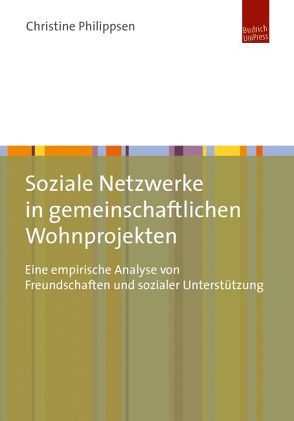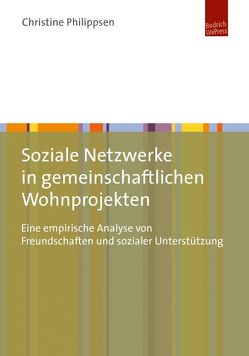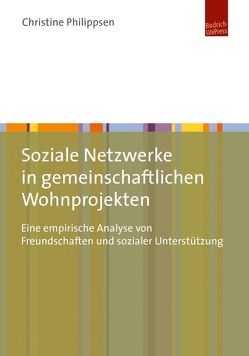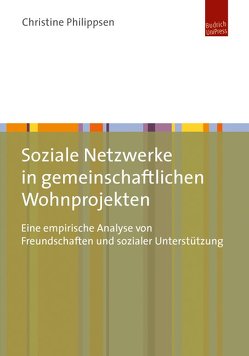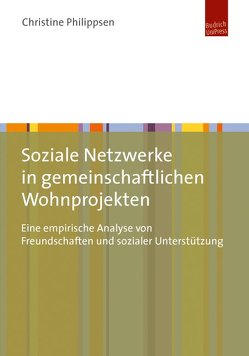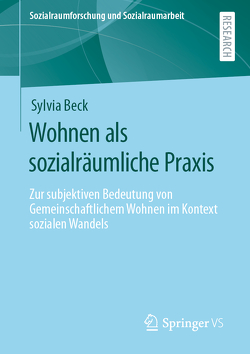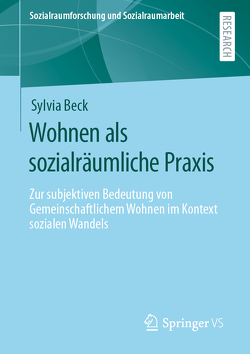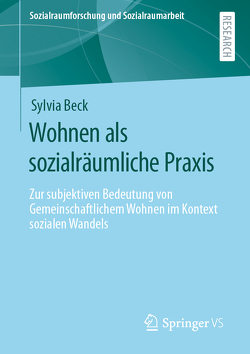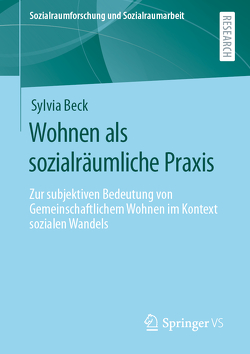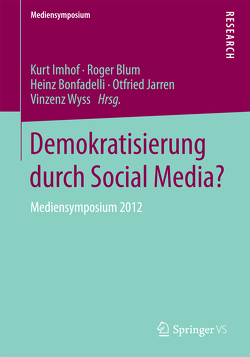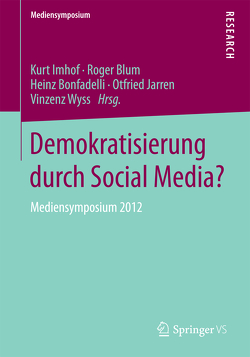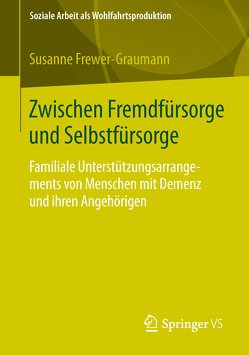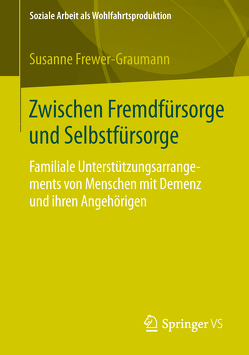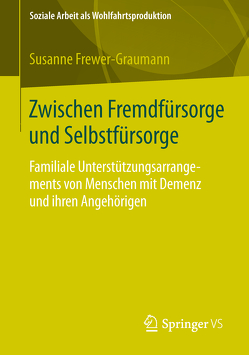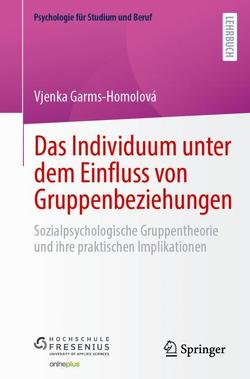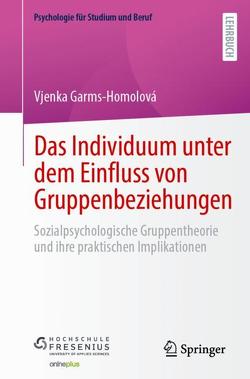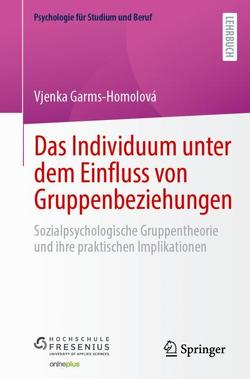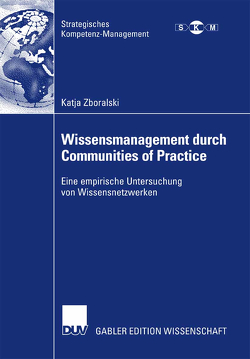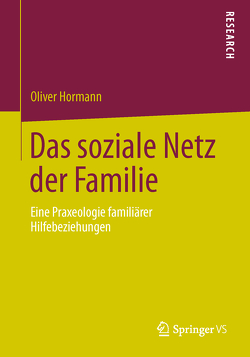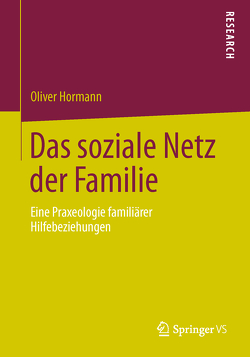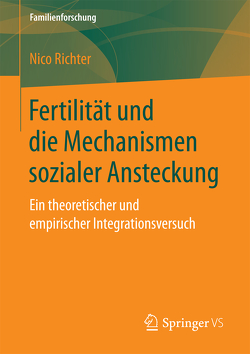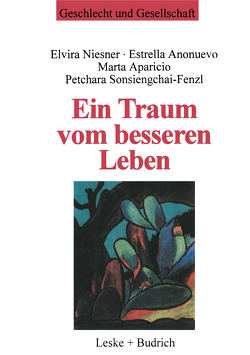Soziale Netzwerke in gemeinschaftlichen Wohnprojekten
Eine empirische Analyse von Freundschaften und sozialer Unterstützung
Christine Philippsen
In recent years, communal housing projects – as a form of life between community and individuality – have become increasingly relevant in Germany. The social relationships among residents, however, have hardly been researched to date. For the two dimensions of friendship and social support, Christine Philippsen examines the degree of social integration of residents into their residential group and the mechanisms of integration. A common housing project is characterized by the coexistence of a fixed group of 15 to 30 households on average. Important motives for communal living are mutual help in everyday life, prevention of loneliness, experiencing solidarity and joint leisure activities. The two main target groups are older people and households with underage children. The empirical results are based on a separate written survey of residents in five multi-generation housing projects – they provide answers to various questions, including socio-politically relevant questions, such as the generation of social capital for different groups of people such as the elderly, people living alone or families with minor children.
